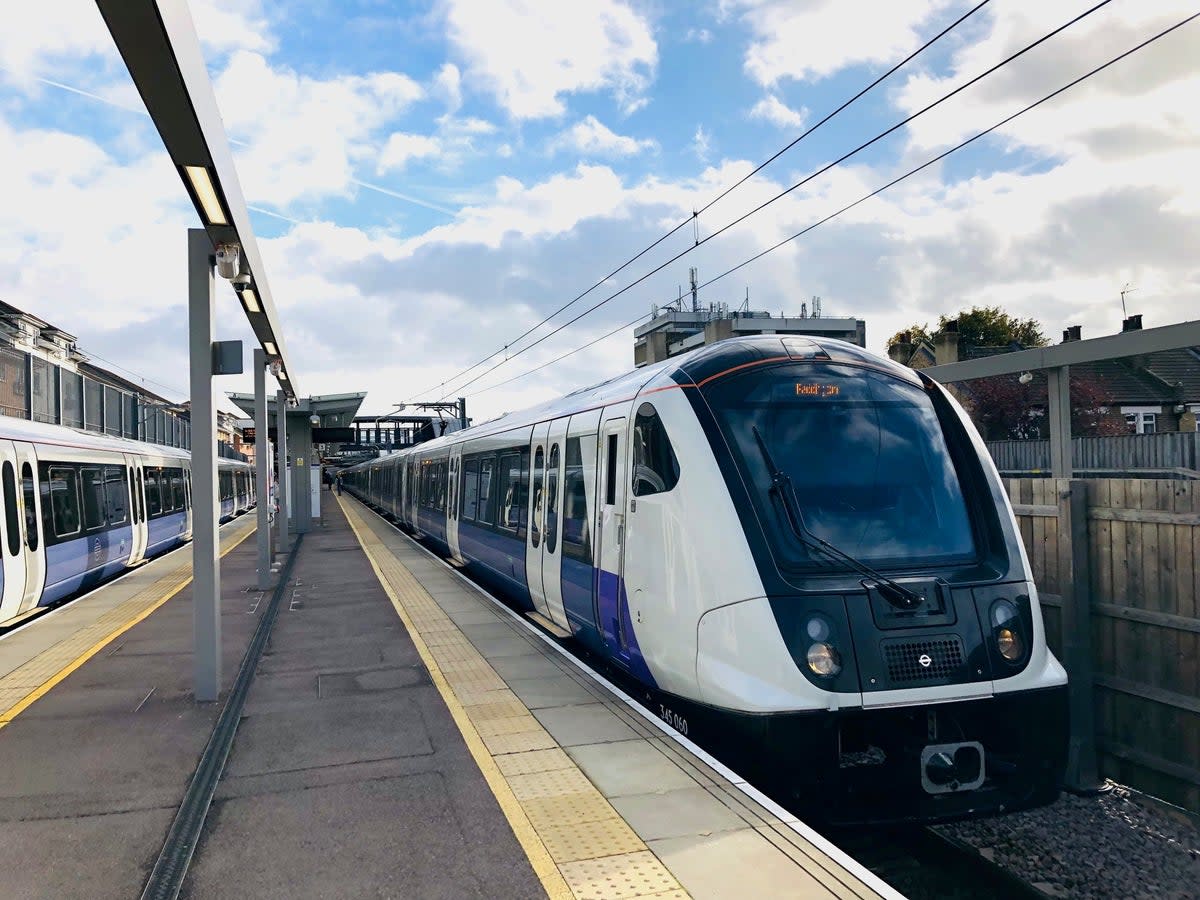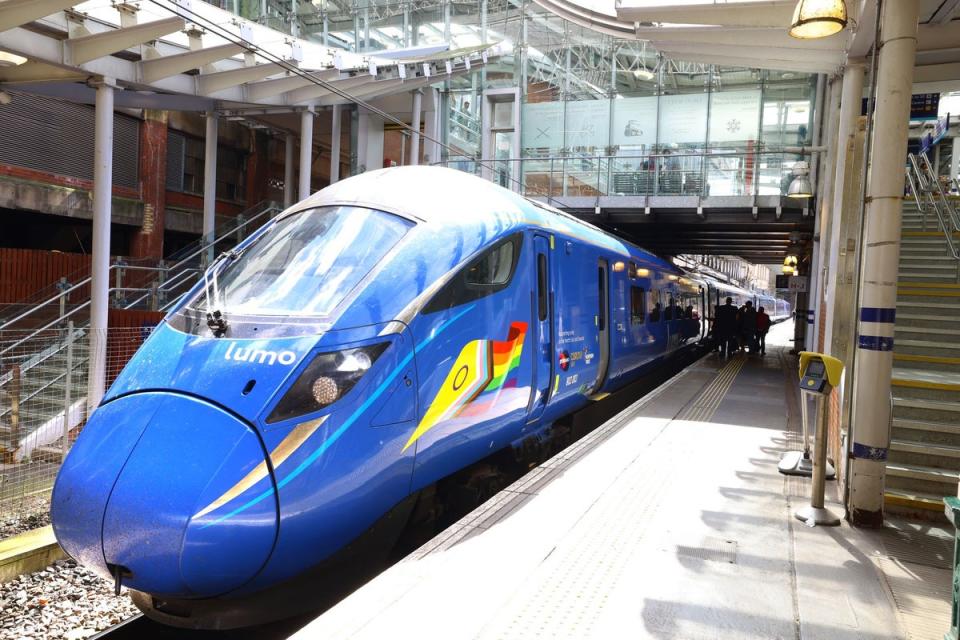Elizabeth line 'below average' in UK train reliability league table

The Elizabeth line’s £1billion fleet of trains is well below average in terms of reliability, a detailed analysis of UK rolling stock has revealed.
The 70 nine-carriage trains were ranked 26th best out of 38 different types of trains in use across the country, with an average of 5,732 miles between developing faults.
In contrast, the best performer was Lumo, the low-cost “start up” that runs high-speed electric trains on the East Coast Main Line between King’s Cross, Newcastle and Edinburgh.
The Elizabeth line has become the busiest line in the UK since it opened two years ago, with almost 790,000 passengers a day at peak times.
But train reliability has suffered because of the stopping frequency – there are 41 stations on the line – and the complexity of its on-board software, which has to communicate with three different signalling systems along the 73-mile route.
Roger Ford, the industry and technology editor at Modern Railways magazine, who has compiled the reliability league table since 2019, said the Elizabeth line trains had “not got significantly better” since entering service six years ago, when they ran on TfL Rail services, the precursor to the “Lizzie line”, between Shenfield and Liverpool Street.
Earlier this month the Government gave Transport for London funding approval to buy another 10 Elizabeth line trains from Derby-based manufacturer Alstom to help tackle feared overcrowding when HS2 opens at Old Oak Common in 2030.
HS2 passengers will have to use the Elizabeth line to reach central London for about a decade until the HS2 station at Euston opens around 2040.
Mr Ford said there were “many embarrassing questions” raised by the reliability data, which suggested that modern fleets of trains performed worse than those they replaced.
“Everybody wants new trains but the message is: buy wisely,” he told the Standard.
“The most reliable trains generally are the ones bought after rail privatisation. The new ones are not as reliable. The question is: why? Nobody knows.”
Separate data from the Office of Road and Rail showed that the Elizabeth line was the second most punctual railway in the UK, with 81.8 per cent of trains arriving on time between January and March.
Greater Anglia was in first place with 85.8 per cent of trains on time. Punctuality on the Elizabeth line, whose passengers have faced repeated problems west of Paddington, often due to track failures, fell 3.4 points on the same period a year earlier.
South Western Railway’s Class 707 trains, which are used on its Windsor to Waterloo routes, were the second most reliable, though they are due to be replaced by the long-delayed Arterio trains and passed on to Southeastern.

Mr Ford said there were three generations of train on UK railways – ex-British Rail trains, those bought immediately after rail privatisation, and those bought since the franchising rule changed in 2013, which awarded firms bonuses for introducing new rolling stock.
He said Lumo was “doing very well” with its fleet of Hitachi trains. “It’s an electric train, so it has no diesel engine to go wrong,” he said. “It runs very fast and calling at very few stations, so they don’t have to open the doors very often. The performance is quite staggering.”
Mr Ford awards “golden spanners” to the best trains and best depots – such as the South Western Railway depot at Wimbledon.
Earlier this week, Avanti West Coast announced that it had completed a £117m refurbishment of its Pendolino trains that run on the West Coast Main Line between Euston, Manchester, Liverpool and Glasgow.
All 56 Pendolinos - which were ranked just ahead of the Elizabeth line trains in terms of reliability - have been refurbished - a total of 574 carriages over the last two years.
The trains have been in service for almost 20 years but internally are now “as new”.
Each of the 35 11-carriage trains has had a first class carriage converted to standard class to increase the number of cheaper seats. There are power points at every seat and the toilets have been refurbished.
Andy Mellors, Avanti West Coast managing director, said: “The Pendolino is an iconic train, and now even better than before.”


